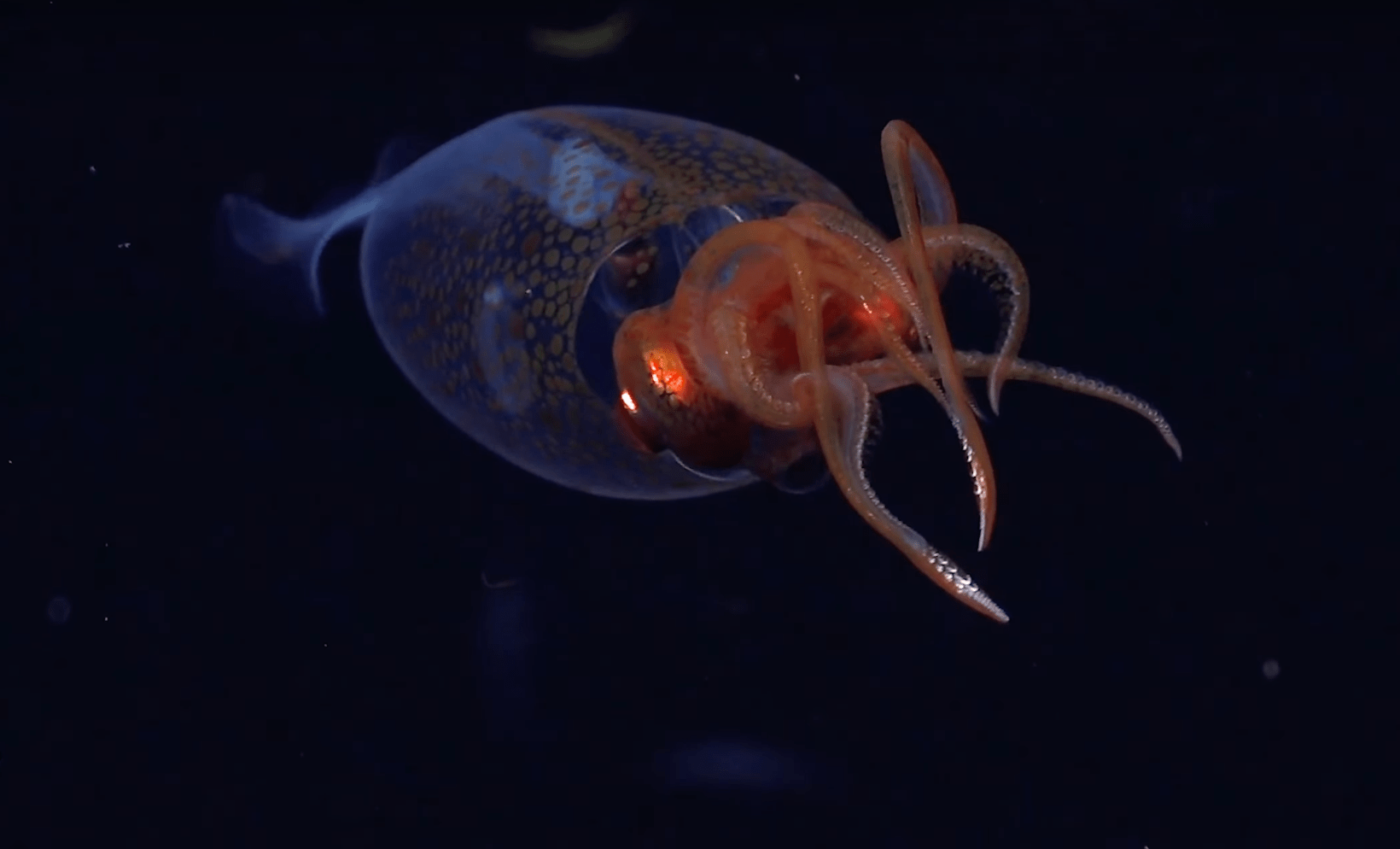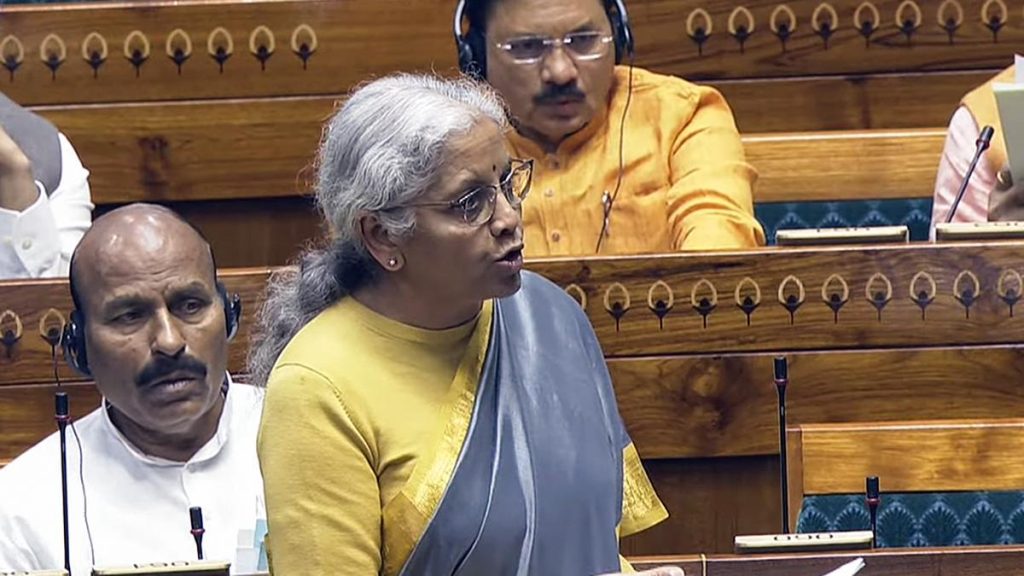Now Reading: Colossal Squid Captured on Camera in Deep Ocean for the First Time
-
01
Colossal Squid Captured on Camera in Deep Ocean for the First Time
Colossal Squid Captured on Camera in Deep Ocean for the First Time

Speedy Summary
- First Revelation: Researchers captured live footage of a juvenile colossal squid (Mesonychoteuthis hamiltoni) in teh South atlantic Ocean for the first time on March 9, during a Schmidt Ocean Institute expedition.
- Size and Details: Known for its maximum length of around 23 feet,this particular juvenile squid measured only around one foot and appeared translucent. As it ages, it will become less transparent due to muscle development.
- Previous Sightings: Fishermen first discovered remnants of colossal squid inside sperm whales in 1925; only eight deceased adult specimens have been found since then.
- Scientific Collaboration: The footage was taken during a 35-day expedition part of the Ocean Census project involving Schmidt Ocean Institute, Nippon Foundation-Nekton Ocean Census, and GoSouth collaboration with UK, german, and Antarctic researchers.
- Key Challenges: Colossal squids are tough to capture on camera due to their sensitive eyes reacting poorly to radiant lights typically used in deep-sea exploration equipment.
- Statements by Experts:
– Dr. Kat Bolstad noted that squids primarily exist as prey remains or predators but rarely encounter humans.
– Dr. Jyotika Virmani emphasized oceans as an uncharted source of mysteries yet unexplored.!Colossal Squid Footage
Indian Opinion Analysis
The discovery of live footage capturing a colossal squid exemplifies humanity’s growing ability to explore the least-accessible parts of Earth’s ecosystems-the deep ocean being one such frontier fraught with challenges but brimming with possibilities for groundbreaking discoveries. For India, which is actively investing in ocean research through initiatives like “Deep Ocean Mission,” such achievements underscore global efforts toward mapping marine biodiversity comprehensively.
India’s vast coastline presents opportunities for similar explorations within its extensive exclusive economic zone (EEZ). Collaborations like this-combining expertise from multidisciplinary teams across countries-highlight how joint international efforts can advance science while pooling resources effectively. Scaling these frameworks could aid India’s ongoing marine conservation projects by adopting advanced technologies like remotely operated vehicles (ROVs), critical in aiming toward lasting exploration without disturbing sensitive ecosystems further.
This milestone further reinforces global scientific communities that patience and innovation are essential tools for uncovering ocean secrets-lessons valuable at both individual national levels and broader cooperative endeavors worldwide.
























